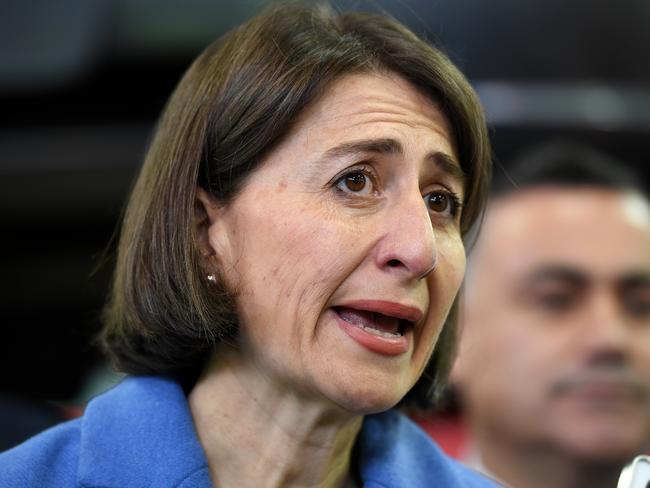NSW Parliamentary inquiry hears households still paying more for power
GREEDY electricity retailers have been accused of failing to pass on major cost reductions to consumers so they can pocket the money themselves, a parliamentary inquiry has heard.
NSW
Don't miss out on the headlines from NSW. Followed categories will be added to My News.
GREEDY electricity retailers have been accused of failing to pass on major cost reductions to consumers so they can pocket the money themselves.
A parliamentary inquiry has heard electricity distribution companies, which run the state’s poles and wires, have achieved savings of up to 40 per cent because of increased efficiencies.
But Essential Energy head of regulatory affairs Justin Hillier said these lower costs had not been passed on to families by energy retailers.
“Essential Energy has been advised by many customers that the price decreases it has achieved and passed through to retailers has not been evident in customer’s retail bills,” Mr Hillier said.

Committee chairman Paul Green said he could “smell a rat” over the price disparity — including the fact some companies could slash $150 off bills for payments on the due date.
“It doesn’t make sense when you can pay on the date and get nearly $100 to $150 off your bill …. there’s a rat and we’re going to find it,” he said.
The inquiry heard part of the jump in power bills was caused by the rise in wholesale costs caused by the closure of power stations and an increase in subsidising renewables.
MORE: Tony Abbott slams Turnbull’s energy policy
MORE: The cheapest energy company for your family
MORE: AGL cuts power prices but hikes gas
Hidden green energy subsidies add up to 15 per cent to household power costs — and the inquiry heard calls for the amount to be clearly marked on every bill.
Endeavour Energy chief operating officer Ron Howard said the Berejiklian government charged network distributors a “Climate Change Fund” — which alone added about 9 per cent to the average household bill every year.
Essential’s Chief Financial Officer Natalie Lindsey said focus groups showed people were asking for bills to be itemised with the costs.

“Our customers told us they would like more detailed information,” she said.
Asked to break down the environmental levies, Ms Lindsey said Essential Energy paid about $60 million for the Berejiklian government’s Climate Change Fund in NSW, and the “environmental costs recovered in NSW” would total 15 per cent of the final retail bill.
Mr Green said it was so hard to break down costs, “they may as well be written in Chinese”.
Internal research commissioned by Ausgrid and presented to the inquiry showed the cost of electricity was a major concern for 69 per cent of families, followed by the cost of living in general.

